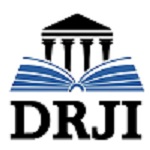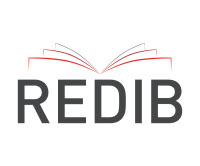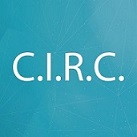Translanguaging in Brazilian bilingual education: analyzing attitudes and perceptions of translanguaging practices in fifth-grade students and their teachers
DOI:
https://doi.org/10.21680/1517-7874.2023v25n1ID29882Resumo
Grounded in the translanguaging theory, which as a decolonial theory and pedagogy frames languages as a unified semiotic repertoire, this study explores participants’ attitudes and perceptions toward their translanguaging practices. The investigation examines the answers to Questionnaires for Linguistic Characterization and Use completed by fourteen students and three of their teachers at a bilingual school in Southern Brazil. The teachers also answered a written interview. Results showed a solid stance for language separation in formal contexts, contrasting with a positive attitude toward multilingual behavior. Despite students and teachers prioritize the use of the target language, translanguaging practices are clearly manifested in class. Considering these results, translanguaging pedagogy seems to be valid for minority language development contexts, in which educators are committed to promoting the translanguaging corriente to promote biliteracy by valuing bilinguals’ repertoire to create fluid and dynamic spaces allowing learners to critically convey their thinking.
Downloads
Downloads
Publicado
Como Citar
Edição
Seção
Licença
Copyright (c) 2023 Revista do GELNE

Este trabalho está licenciado sob uma licença Creative Commons Attribution-NonCommercial-ShareAlike 4.0 International License.

Este trabalho foi licenciado com uma Licença Creative Commons - Atribuição - NãoComercial - CompartilhaIgual 3.0 Não Adaptada.

 Português (Brasil)
Português (Brasil) English
English Español (España)
Español (España)









.jpg)




